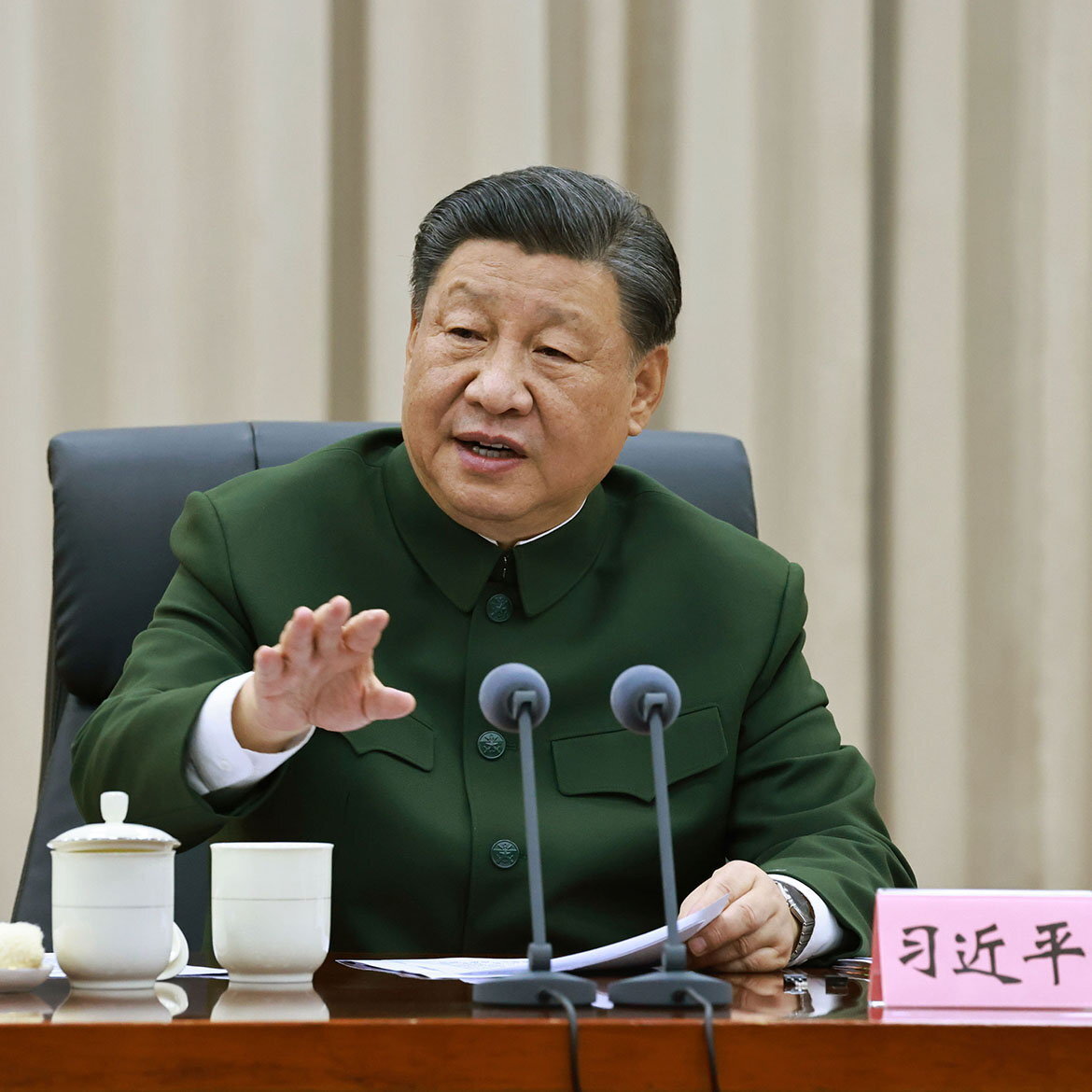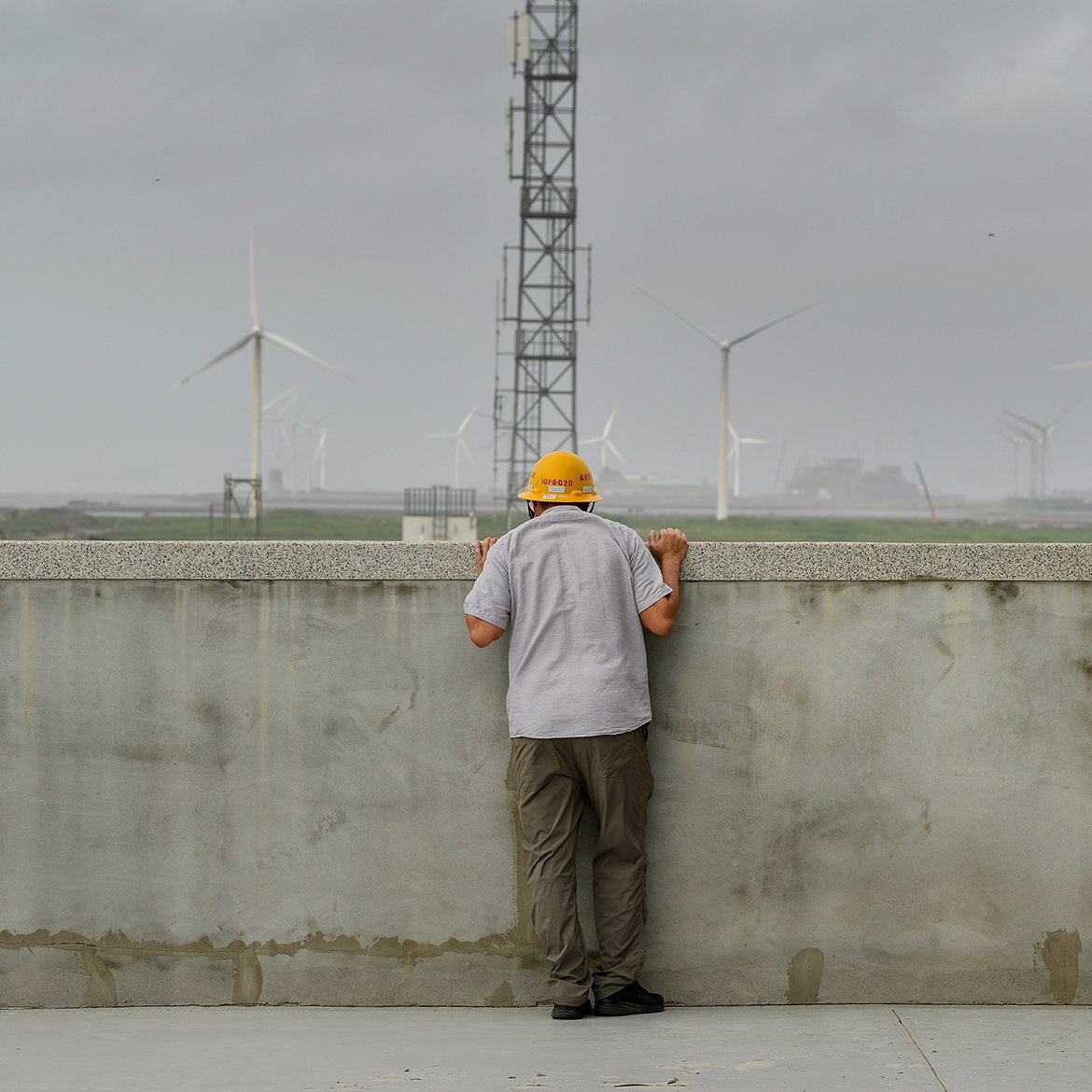Israel’s army chief, Herzi Halevi, said war in Gaza will last “many months”, amid signs the conflict is spreading. On Tuesday Iran-backed Yemeni Houthi rebels claimed responsibility for a missile attack on a container ship in the Red Sea and for a drone attack on Israel. Hizbullah wounded Israeli soldiers in a missile strike on Lebanon’s border. On Monday an Israeli air strike killed a senior Iranian general; Iran vowed to avenge the attack. Yoav Gallant, Israel’s defence minister, said that his country was in a “multi-front war” with attacks from “seven theatres”.
The UN appointed Sigrid Kaag, the Netherlands’ outgoing finance minister, as senior humanitarian and reconstruction co-ordinator for Gaza. On Friday a UN Security Council resolution called for “urgent steps” to “immediately” increase humanitarian access in the besieged enclave, although it fell short of calling for a ceasefire. Gaza’s Hamas-run health ministry says nearly 21,000 Palestinians have been killed in Israeli strikes since October 7th.
Japan’s Nuclear Regulation Authority lifted its restrictions on restarting the world’s largest nuclear-power plant, Kashiwazaki-Kariwa. It has been idle since 2011 when all of Japan’s reactors were shut down following the Fukushima Dai-ichi nuclear accident. Only a handful have been restarted. The owner of Kashiwazaki-Kariwa still needs permission from local officials to turn the plant back on.
Lee Sun-kyun, a South Korean star of the Oscar-winning film “Parasite”, was found dead in Seoul. Mr Lee was being investigated for using illegal drugs, which carries harsh punishments in South Korea. Mr Lee insisted he was tricked into taking illegal substances and was being blackmailed. Police had questioned Mr Lee for 19 hours on Saturday.
Apple failed to overturn a ban on the import and sale of two of its watches in America. The firm is accused of infringing the patents of Masimo, a medical-technology company, with its Series 9 and Ultra 2 models. America’s International Trade Commission provisionally blocked imports of the watches in October. On Tuesday the Biden administration decided not to overturn the ban. Apple will appeal.
Wolfgang Schäuble, a long-serving politician who was once tipped to become chancellor of Germany, died aged 81. A member of the Christian Democrats, Mr Schäuble first became interior minister in 1989 and helped guide the reunification of Germany. In 2009 he was appointed as finance minister by Angela Merkel, dealing with the aftermath of the euro-zone debt crisis and calling on southern European countries to restrain their borrowing.
Figure of the day: $14bn, the size of an AI-focused investment fund that Shenzhen, a city in southern China, has said it would launch. Read the full story.

2024 in preview: Modi’s expected re-election
This week we are looking ahead to next year’s big stories. Today, what will shape Asia?
Next spring, India will hold a general election. Opinion polls suggest a victory for the ruling Bharatiya Janata Party. But the BJP, led by Narendra Modi, has struggled in richer southern states. It also faces a concerted challenge after 26 opposition parties, including Congress, formed a coalition.
Since Mr Modi became prime minister in 2014, India has grown from the world’s tenth-largest economy to its fifth. But opponents say Mr Modi muzzles critics and encourages discrimination against Muslims.
Western countries have been reluctant to criticise Mr Modi. America, in particular, sees India as a counterbalance to China. But they are worried about his failure to protect democratic values. America and Canada both accuse India of plotting to assassinate Sikh separatists on their soil (in Canada’s case, Hardeep Singh Nijjar was indeed killed). Mr Modi promises that by 2047, the centenary of independence, India will be a developed country. The question is not just how developed it will be—but how democratic.

2024 in preview: Taiwan chooses a new president
This week we are looking ahead to next year’s big stories. Today, what will shape Asia?
On January 13th Taiwan will elect a new president. The stakes are high: the winner may have to determine the island’s strategy to stop China invading. The ruling, pro-independence Democratic Progressive Party favours strengthening relations with the West while building military deterrence. The opposition, pro-unification Kuomintang promises to reopen dialogue with China on the basis that they belong to one country.
Over eight years of DPP rule, China has increased its “grey-zone” activity, which falls short of warfare but probes Taiwan’s defences. If William Lai, the DPP’s candidate, wins, China may ramp up aggression. A KMT victory could reduce tensions in the short run. But China’s military build-up at home would continue—as would its determination to take Taiwan by force if it does not surrender peacefully.
Taiwan’s current president, Tsai Ing-wen of the DPP, has had a different message for her people: in order to prevent war, they must unite and prepare for it. The election will show whether they are ready to do so.


2024 in preview: China’s leaders will seek to exploit global divisions
This week we are looking ahead to next year’s big stories. Today, what will shape Asia?
Next year Xi Jinping, China’s leader, will seek to rally countries that are sceptical of an American-dominated world order. But he will also present China as a defender of global unity. With global growth slowing, China’s government will charge rich Western countries with erecting protectionist barriers to free trade. It will also say it is a defender of the “basic principles” of the existing world order, as enshrined in the United Nations Charter—selective reading of which emphasises the inviolability of sovereign states.
This balancing act will be complicated by the war in Ukraine and the presidential election in America. China will claim neutrality over Ukraine, but blame high food and energy prices on Western sanctions. It will also deepen ties with Russia. Meanwhile the race for the White House presents dangers, as candidates vie to out-hawk one another on China. Mr Xi’s best hope is that American democracy looks terrible, but that China does not dominate headlines. Xi-era statecraft is not known for its subtlety; 2024 poses an exquisite test.

2024 in preview: Asia’s new energy networks
This week we are looking ahead to next year’s big stories. Today, what will shape Asia?
In 2024 burgeoning energy linkages could rewrite the way Asia deals with itself. Take the fast-growing economies of South-East Asia. Their energy demand is expected to increase by a third by 2050; they have also promised to cut carbon emissions. Yet doing that will be tricky, since renewables account for a mere 15% of Asia’s power generation.
A better-connected South-East Asian grid, currently non-existent, could slash clean-energy prices. Rolling one out could also foster co-operation. A series of interconnection agreements were signed in August at a regional summit in Bali, Indonesia.
Energy projects can also provide valuable counterweights to China. Australia has ambitions to be a renewable-energy hub. Japan and South Korea are interested in taking hydrogen and ammonia (a way to store hydrogen in a more portable form). America’s allies are also trying to loosen China’s grip on rare earths and critical minerals. For now China is the biggest solar-panel exporter, electric-vehicle-battery supplier and critical-minerals processor. But the transition offers welcome new options for Asian countries to come out of China’s shadow.
'The World in Brief - with vocab.' 카테고리의 다른 글
| Jan 8 update (0) | 2024.01.08 |
|---|---|
| Jan 1, 2024 update (1) | 2024.01.01 |
| Dec 14 update (0) | 2023.12.14 |
| Nov 17 update (0) | 2023.11.17 |
| Nov 2 update (0) | 2023.11.02 |